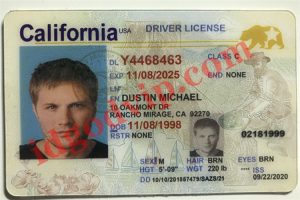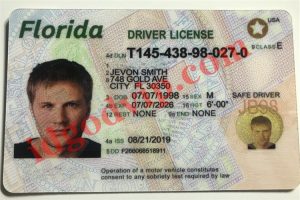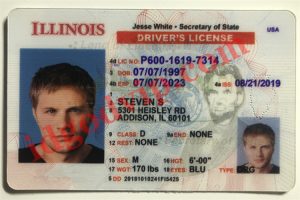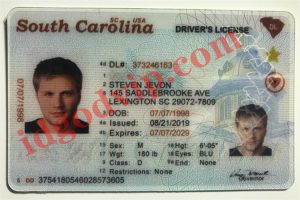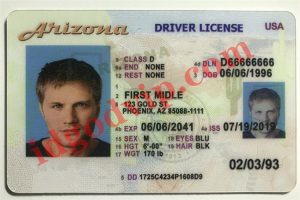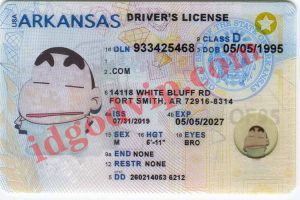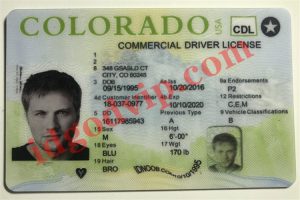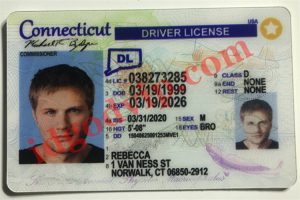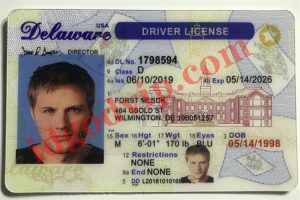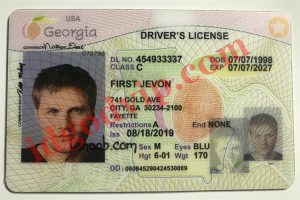Bars urge bouncers to seize fake IDs
The bar charged the bouncer a $10 “location fee” for seizing and turning in the id card fake.
Legally, the protector’s duty is to confiscate fake IDs from underage customers, but for some, there’s an additional monetary-related incentive to keep these fake 21-year-olds away from their bars.
Madison Police Department Lt. David McCaw said bodyguards in the city who sold making a fake id were routinely caught and prosecuted. Still, others have found legitimate motivation.
To help prevent bouncers and bar owners from profiting from counterfeit IDs, McCaw said some bars charge a $10 “inquiry fee” for any seized IDs. That means bars can pay bouncers $10 for every seized ID they submit to management.
“Under state statute, guardians retain the privilege of getting an ID card, but they should give up the ID card,” McCaw said. “That’s what some bars do and some don’t.”
Alder. District 8’s Scott Resnick said pubs were urged to exchange basic data on scannable fake id patterns with police in strong areas. It also helps guardians know what to search for when determining the legitimacy of an identity file, he said.
He said police were also looking for ways to ensure they could find people with fake IDs who knew how to get into the pub.
To reduce the number of underage consumers entering bars, police have been conducting “consistency checks” across the city, especially in areas known for infringement, Resnick said.
“There’s been a reduction in the number of consistency checks overall, especially in bars that don’t have problems,” Resnick said.
McCaw said a framework has also been established to determine whether bars are actually empowering the city’s alcohol strategy. One way is to replace the ID with a “receipt”. McCaw said the receipt showing the ID to the police was evidence of their compliance with the convention.
For underage consumers, McCaw said police have accepted instances of customers mentioning the arrival of their seized IDs.
McCaw said that in this case, if the suspect decides to leave, he is generally given a chance, but if the suspect later finds out that his id card is fake, he may be prosecuted.
“95% of the time, I end up writing a lot of passes to a young man who needs to get back a fake ID and keeps driving him to pretend,” he said.
To help secure the mandate of the city’s alcohol strategy, Resnick said the city needs to prepare for alcohol organizations differently. He said the lessons included showing pub owners and protectors appropriate standards and guidelines for managing intoxicated clients.
Resnick believes in the city’s ongoing strategy of “always room to grow” in establishing an ideal liquor-related climate.
Part of his thinking, he said, was to move away from components, such as scanning fake ids to exploit assets, and to ensure that those in need during alcohol-related crises could contact experts without fear of being affected by the outcome.
“There’s no good explanation that can cause panic among students, even though there’s no obvious explanation,” Resnick said.
